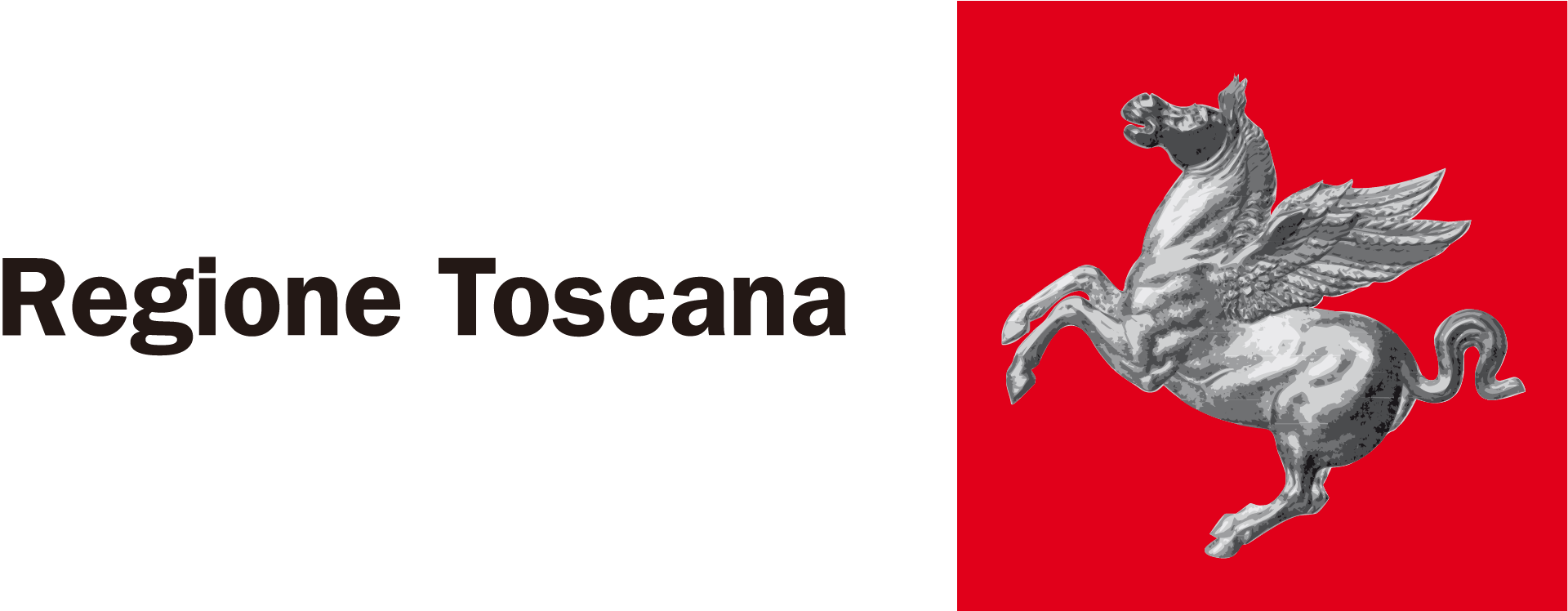Pubblicato su Economia e Politica Industriale, vol. 40(1), 2013, pp. 25-52
Abstract
The economic crisis of the late 2000s has led many manufacturing companies to abandon the market as a result of poor performance or financial difficulties. The purpose of this study is to analyze the static and dynamic factors that play a role in prompting a company to exit the market. The assessment calls for applying survival analysis techniques to an Italian regional case study (Tuscany) to identify specific profiles among the firms observed both before and during the early years of the crisis. Our findings show that the “weeding-out” or selection process targets those companies that belong to supplier-dominated sectors, industrial districts and, more generally, firms that already suffered pre-crisis due to low levels of productivity or poor overall efficiency. Moreover, the results point to a lack of liquidity and the inability to cover interest expenses as key determinants of market exit during the crisis.
Link alla pubblicazione
Autore: Marco Mariani, Elena Pirani, Elena Radicchi









